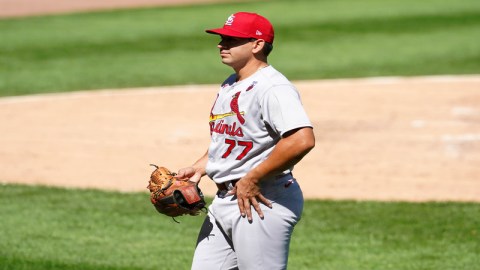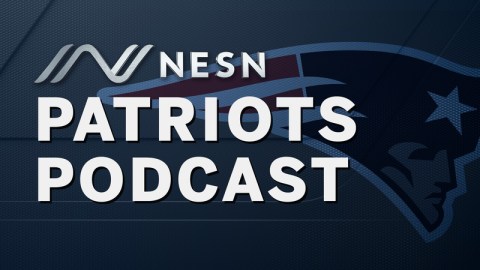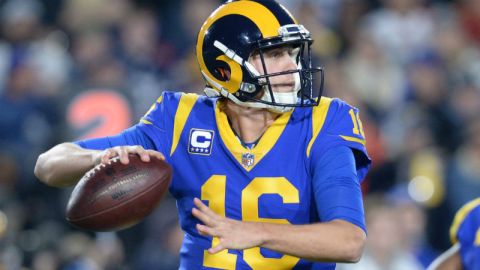Chris Paul wants out of New Orleans.
And honestly, can you blame him?
Paul is poised to enter the prime of his career, and he's the leader of a Hornets team that's flushing itself down the toilet. Two years ago, he was at the helm of a 56-game winner that looked ready to contend for a championship, but he's since endured a steady decline culminating in a last-place finish in the Southwest Division this spring.
The Hornets are obviously headed in the wrong direction and one look at their payroll tells you in no uncertain terms why.
They're loaded with bad contracts from top to bottom. They've got more dead weight than a broken-down Hummer. Emeka Okafor is still in the early stages of a six-year, $72 million contract he signed in the summer of 2008. Peja Stojakovic is finally in the last season of a five-year, $62.6 million deal. David West is still owed another $16 million over the next two years. James Posey is owed about $13 million.
It's not that these are bad players. They're all decent pieces, and they could conceivably contribute something to a winner. But they're all grossly overpaid in New Orleans, which hamstrings the Hornets' ability to build a winning team around Paul.
CP3 wants to play with another superstar. Thanks to the mismanagement of his Hornets, there's no way that's happening unless he finds a way out. In Miami, Dwyane Wade and his teammates have taken less money in the hopes of winning a championship. In New Orleans, they're taking too much, and it's dropped them to the cellar.
You can't fault Paul for wanting to take the Heat route of joining forces with another talented player. Any competitive guy in the NBA would want that, and Paul now realizes he's in a position where he can make that happen. He's 25 and he's the game's best point guard. He has the power.
That's the way it should be.
Back in your grandparents' day, it was the owners who controlled professional sports. Who played where, for how long, for how much — the players had no authority, they were merely pawns in the game. It's taken generations for that to change.
First there was Curt Flood, the unsung baseball hero who in 1969 refused a trade from St. Louis to Philadelphia, ultimately taking his struggle to the courts. He helped bring down the reserve clause, which bound the players to their current teams indefinitely.
Then there were Andy Messersmith and Dave McNally, two pitchers who boldly chose to play the 1975 season without contracts, in the hopes of later becoming the game's first "free agents." Their ploy worked.
Thirty-five years later, there was LeBron James.
LeBron's "decision" — not necessarily the nationally televised part, but at least the general concept of a player controlling free agency — is the natural next step in the progression of players' rights. The players are seizing the power for themselves — the league is about them, and they should be the ones calling the shots.
No one buys a ticket to see an owner. Likewise with a GM. Not even a head coach can put the butts in the seats. It's a players' league, and the players are now keenly aware of it. The players know that they, and pretty much they alone, are the reason American professional basketball is a multi-billion-dollar industry.
So if Chris Paul wants to wield his power and leverage himself into a better job? More power to him.
Is CP3 a whiner? Maybe, but he's earned the right to whine, and he's whining for a better tomorrow. He deserves better than 45 losses and an early summer vacation — and in today's NBA, he just might get it.



